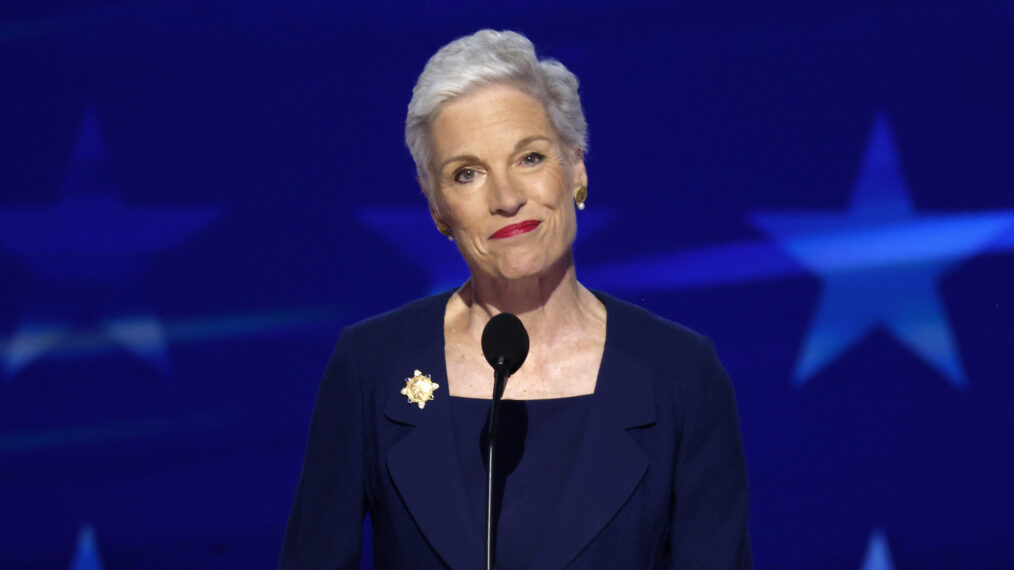A “disturbing” tide of campus antisemitism has prompted Long Island’s legal community to step up with a message to colleges. Either stop the complacency that allows the scourge of rising antisemitism, they said in a letter, or risk losing recruitment opportunities for their students.
Ten of Long Island’s largest firms signed the letter, which went to law schools throughout the states of New York and New Jersey.
The attorneys expressed their “extreme disappointment in the lack of condemnation by many law school deans and other administrators of anti-Semitic conduct by students and faculty members since the premeditated, barbaric rape and slaughter by Hamas on October 7, 2023, of some 1,400 Israelis, the vast majority of whom were civilian women, babies and children,” the firms wrote in the letter.
The law firms went on to say that educators have a “first and foremost obligation to protect all students, to speak out against hate of any kind and to provide an environment in which all students feel safe and can personally and professionally excel.”

universities know that our respective firms
are not going to turn a blind eye.’ Courtesy of Meltzer, Lippe, Goldstein & Breitstone
“It’s not an Israel issue or a Palestinian issue,” said David Heymann, managing partner of Meltzer, Lippe, Goldstein & Breitstone in Mineola, and a signatory of the letter. “This is a hate issue,” he said, adding that the letter is about protecting democracy.
Firms signing onto the letter include Abrams Fensterman; Harris Beach; L’Abbate, Balkan, Colavita & Contini; Lewis Johs Avallone Aviles; Meltzer Lippe; Moritt Hock & Hamroff; Rivkin Radler; Ruskin Moscou Faltischek; Westerman Ball Ederer Miller Zucker & Sharfstein; and Campolo, Middleton, & McCormick.
The letter was issued at a time when antisemitism has increased 400% since Oct. 7, according to the Anti-Defamation League.
Much of that antisemitism is occurring on college campuses.
Now, nearly one in five college students say they feel less safe on campus, according to a survey by Intelligent.com, an online education magazine. Releasing its report last week, the magazine surveyed 609 college students about the Israel-Hamas war. In the survey, 25% said they were “very knowledgeable” about the war, with 86% saying they learned the issues through social media. Yet 33% said they “rarely or never fact-check information they consume.”
Heymann felt it was important as a leader to speak out against hate.
“As a son of a father who was on one of the last boats out of Nazi Germany, there was no way I could sit by and watch this happen,” he said. “No student on any campus should feel scared because of their race, religion, sexual orientation or political views–it’s just wrong.”
Heymann spoke with the partners of his firm who supported his idea to write a draft of the letter and to reach out to the larger law firms on Long Island. In total, he, along with Marc Hamroff, the managing partner at Moritt Hock & Hamroff, contacted 17 “friendly competitors,” and began incorporating instrumental feedback from Robert Alessi and John Farrell, both partners at Meltzer Lippe, as well as from the other firms signatory to the letter.
“I commend and I thank profusely my colleagues at the firms who joined in this letter,” Heymann said.
The attorneys in the letter said that many of them “recruit students at your schools or hire graduates from your institutions. We write this letter to let you know that your actions will have a direct effect on whether we will continue to recruit and hire students for positions at our respective firms.”
Long Island law firms aren’t alone in this stance. Nassau County Bar Association recently joined other bar associations in condemning the Hamas attack on Israel and antisemitism.

Wall Street law firms have led the charge in warning law schools that they won’t recruit from campuses that tolerate antisemitism.
Nixon Peabody, a global law firm with an office in Melville, and Greenberg Traurig, with offices in Bridgehampton and Garden City, said they too had joined a group of global law firms in signing a letter that urges leading U.S. law schools to denounce antisemitic rhetoric, violence and harassment.

ing out to ‘friendly competitors’about the let-
ter that was ultimately sent to law schools. Courtesy of Moritt Hock & Hamroff
Law schools should foster an environment where students “think intelligently and look at a situation to try to understand the logic of the other side,” Heymann said. “If a professor is not teaching students to look at things that way, I question what kind of lawyer they would become.”
And when they “jump to conclusions,” he added, “it’s very dangerous.”
Meanwhile, the Long Island law firms’ letter addresses freedom of expression, with which some universities may be grappling.
“As lawyers, we assure you that we are fully conversant with and supportive of the critical freedoms of expression that are protected by the First Amendment and myriad state constitutions. However, we have witnessed during the past several weeks a disturbing increase in virulent anti-Israel, anti-Jewish speech on university campuses that goes well beyond the bounds of protected expression and, instead, seeks to incite listeners and readers to imminent violence and other unlawful acts against members of the Jewish community and others who support Israel,” the letter said.
And, they said, “such rhetoric has too often been accompanied by actual acts of mob intimidation that have placed Jewish students and other supporters of Israel in fear of imminent physical bodily harm. In every sense, such ‘speech’ constitutes ‘true threats,’ under controlling Supreme Court jurisprudence. Even if it did not, it is certainly unacceptable in an educational or professional environment.”
The letter went on to say that “nothing in the First Amendment or analogous provisions of state constitutions precludes deans and other administrators of private and public law schools alike from at the very least, discharging their duty to condemn unequivocally intimidating, incitant speech directed against Jewish students and other supporters of Israel. For those of you who have done so, we thank you. For those who have not, we respectfully urge you to do so.”
On Long Island, Susan Poser, the president of Hofstra University, which has a law school on its campus, said in a letter to its community, that its public leadership, has “extensive law enforcement experience on the federal, state, and local levels” and currently sees “no credible threats” on campus.
And Alan Kadish, the president of Touro University, which has a law school on Long Island, co-founded a coalition of more than 100 institutes of higher education that “issued a statement standing with Israel, the Palestinians who suffer under Hamas’ cruel rule in Gaza and all people of moral conscience.”
Now Heymann is looking to other leaders to step up.
“It’s important that these universities know that our respective firms are not going to turn a blind eye,” he said. “We expect better.”
[email protected]


























































![Mason Ramsey – Twang [Official Music Video] Mason Ramsey – Twang [Official Music Video]](https://i.ytimg.com/vi/xwe8F_AhLY0/maxresdefault.jpg)




















